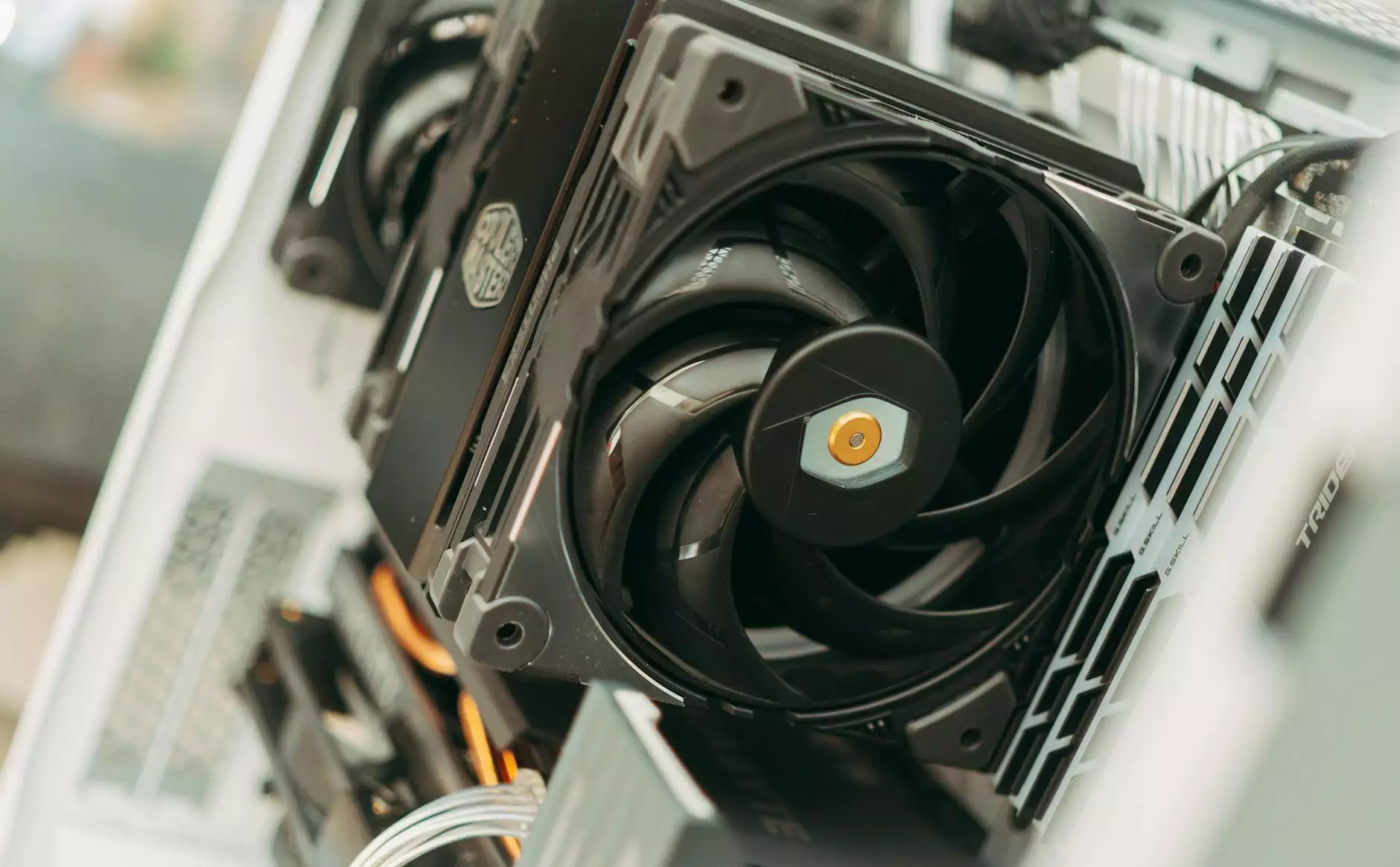The Business of Fake Money: Unlocking Opportunities and Understanding Risks

In today’s rapidly evolving financial landscape, the concept of fake money buy is becoming increasingly relevant. While the topic may raise eyebrows and conjure images of illicit activities, it's essential to delve deeper into the legitimate business opportunities arising from this niche. This comprehensive guide will explore various aspects of this intriguing business realm, from cash flipping to cloned cards, rewarding entrepreneurs with insights that can help them navigate this complex field.
What is Fake Money?
At its core, fake money refers to imitation currency that is typically used for various purposes, including training, entertainment, or security testing. While “fake money” can often carry negative connotations, in the right context, it holds significant potential in the realm of business.
The Rising Trend of "Fake Money Buy"
The term fake money buy has begun to trend among entrepreneurs interested in exploring alternative financial markets. This growing interest is fueled by the increasing demand for low-risk investments and the allure of rapid financial returns. Below, we explore some of the reasons behind this trend:
- Low Entry Barriers: Unlike traditional business models, the fake money business often requires minimal startup costs, making it accessible to a broader audience.
- Safe Transactions: Digital innovations ensure that transactions involving fake money can be conducted securely, appealing to both buyers and sellers.
- Educational Purposes: Many businesses require realistic simulations, making fake money a valuable tool for training and educational purposes.
Cash Flipping: The Art of Profit Generation
One of the most lucrative avenues within the realm of fake money is cash flipping. Cash flipping involves the practice of leveraging fake currency to generate real profits. However, it is essential to note that this must be done within legal limits and in a responsible manner.
How Cash Flipping Works
Typically, cash flipping entails purchasing fake currency at a lower price and then selling it at a marked-up rate. The following steps provide a framework for engaging in cash flipping:
- Market Research: Understand the demand for fake currency in your area or niche market.
- Setting Up a Supply Chain: Establish reliable sources for acquiring high-quality imitation bills.
- Pricing Strategy: Determine a competitive pricing strategy that allows for profit while remaining attractive to buyers.
- Marketing: Develop a strong online presence through social media and e-commerce platforms.
Risks Involved with Cash Flipping
While cash flipping can be profitable, it’s crucial to recognize the potential risks involved. These include:
- Legal Implications: Engaging in cash flipping must be conducted legally to avoid any issues with law enforcement.
- Market Volatility: The demand for fake money can fluctuate, impacting your ability to sell products consistently.
- Quality Control: Ensuring the authenticity of your products is critical; sub-par quality can harm your reputation.
Cloned Cards: The Intersection of Technology and Imitation
Another significant sector within the fake money business is the trade of cloned cards. Cloning is the process of replicating legitimate cards for a variety of purposes, some of which can be perfectly legal under specific circumstances.
The Legal Use of Cloned Cards
Cloned cards can serve multiple purposes that fall within legal boundaries:
- Testing Security Systems: Businesses utilize cloned cards to evaluate the effectiveness of their security measures.
- Customer Rehabilitation: Some companies use cloned cards to aid customers in troubleshooting financial systems.
- Promotional Campaigns: Fake cards are often used to simulate tangible rewards in marketing events.
Understanding Cloned Card Risks
Like cash flipping, trading cloned cards carries its own risks, including:
- Legal Issues: Misuse of cloned cards can lead to serious legal consequences, making it essential to remain compliant with legislation.
- Intellectual Property Concerns: Creating replicas of branded cards may infringe on trademarks, leading to potential lawsuits.
Building a Sustainable Business in Fake Money
If you are considering entering the fake money business, here are strategic steps to ensure sustainability and success:
1. Research and Understanding
Familiarize yourself with industry trends, potential competitors, and target markets. Understanding the nuances of the fake money industry will empower you to make informed decisions.
2. Establish a Brand Presence
Establishing a strong brand presence can significantly impact your business's success. Utilize online platforms, social media, and other marketing tools to enhance visibility.
3. Ensure Compliance and Ethical Practices
Adhere strictly to all laws and regulations in your jurisdiction to prevent legal repercussions. Engaging in ethical practices will also build trust with your customers.
Conclusion: The Future of Fake Money Buy
The business opportunities surrounding fake money, cash flipping, and cloned cards offer a unique avenue for aspiring entrepreneurs. As interest in the fake money buy trend continues to grow, it is vital to approach this realm thoughtfully and strategically. Entrepreneurs who prioritize education, compliance, and ethical practices can harness the potential of these markets while minimizing risks.
Embracing the complexities of the fake money industry allows for innovation and creativity, essential components for driving success. As you continue your journey in this field, remember that informed decisions and a solid business strategy will pave the way to a prosperous future.
For more insights and resources, visit buyclonecards.com, where you can explore various products and services related to cash flipping, cloned cards, and the fascinating world of fake money.









